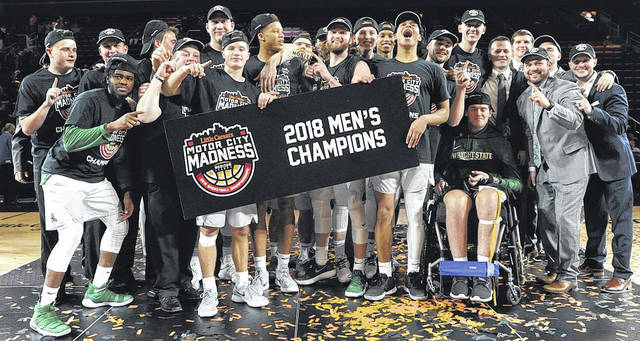For Greene County News
DAYTON — Every second, about 18 people fall for some sort of social media scam. Whether you use Facebook, Twitter, Instagram, etc., scammers are looking to separate you from your personal information and money. Your Better Business Bureau says if you’re not careful you can become a victim to scam artists lurking on social media sites.
Scammers log onto social media sites trying to part you from your hard-earned cash. For example, scammers will claim you’ve won a prize or cash and all you have to do is click on a link. The link will look like it’s coming from a reputable company or person you know, but the scammer is phishing for your personal information so he or she can go into business as you. Suspect posts can also range from promises of details about celebrity’s lives, reports of terrorist incidents or videos with headlines like “you won’t believe what happens when…” These links can download malicious viruses or other malware to computers.
When browsing on social media sites, Your BBB offers these tips:
- Change your password frequently.
- Limit the information you share on social media.
- Don’t click on links you’re not familiar with. Be sure the link or video is from a trusted source. Be sure to use your mouse to hover over the link to see if it comes from a trusted source.
- Avoid social media posts with incorrect grammar or wrong names.
- Never give personal information to anyone in a post.
- Be wary of any message saying you won something. It’s usually a scam.
- Stay away from promotions of “exclusive,” “shocking” or “sensational” footage.
- Make sure your computer, laptop, tablet and cell phone device has up-to-date antivirus and anti-spyware software.
- Don’t follow someone just because he or she follows you. Check his or her profile page and beware of anyone whose tweets consist mainly of links.
- Familiarize yourself with security and privacy settings and adjust yours accordingly.
- Make sure when you log onto social media sites, they start with “https”. If not, it’s probably not a secure site. The “s” in “https” stands for secure session.
- Remember, if it sounds too-good-to-be true, it most likely is.
Remember, social media sites are a fun way connect with family, friends and co-workers, but stay vigilant and watch out for possible scams. Your BBB can help protect you from being a social media scam victim. Check out questionable posts by visiting www.bbb.org or calling 937-222-5825 or 800-776-5301.


